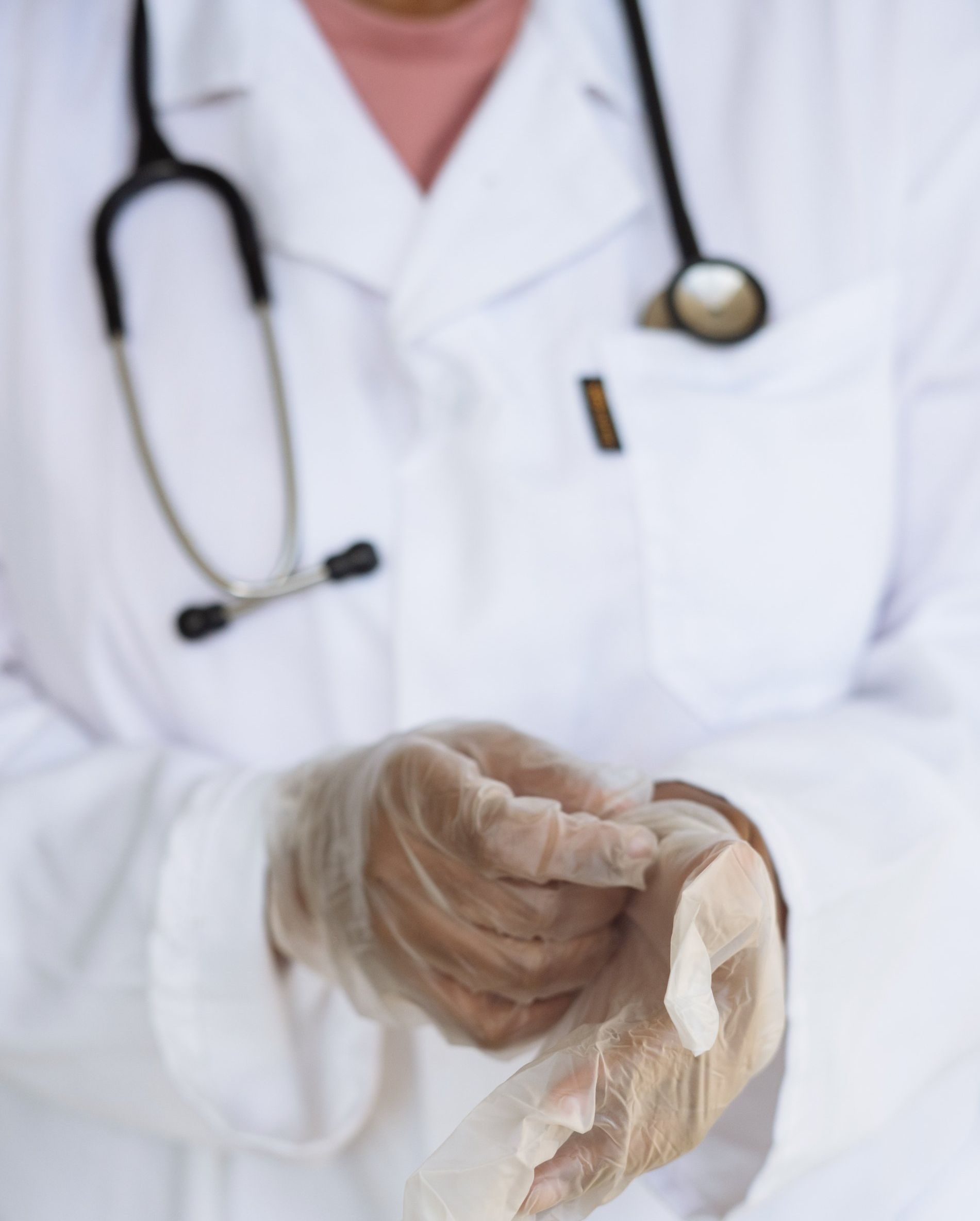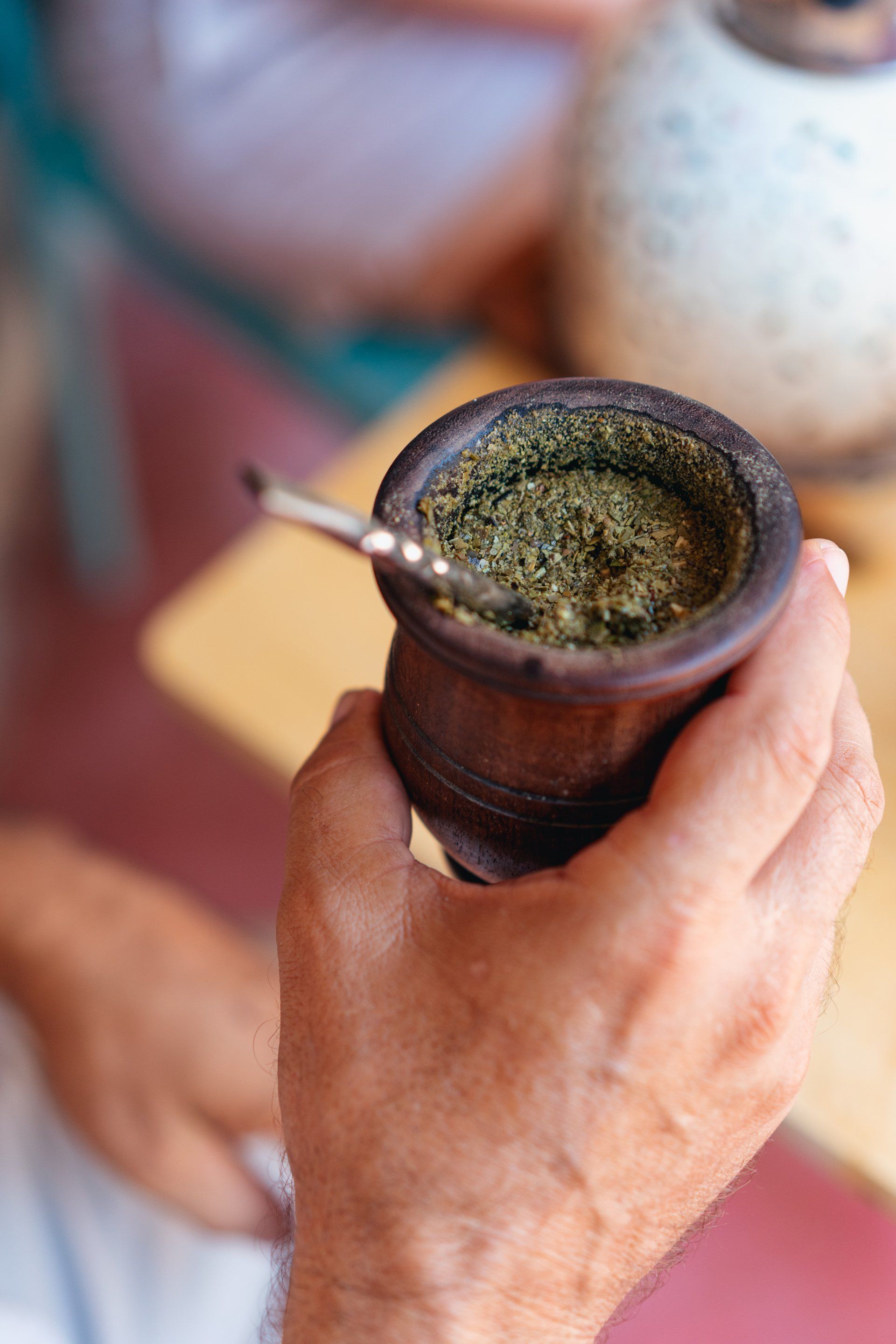STD Testing in Brazil: Essential Insights and Services
STD Testing in Brazil: It's Not Always Like in Your Home Country!
In Brazil, the approach to managing and testing for Sexually Transmitted Diseases (STDs) is a critical public health concern. Understanding the types of tests available, the nuances of these tests, and how they can be accessed is essential for both residents and travelers in Brazil. This article aims to provide comprehensive insights into STD testing, focusing on widely recognized tests like Syphilis, Chlamydia, and Gonorrhoea.
Understanding the Types of STD Tests
Blood Tests: Identifying Infections Through Antibodies
Blood tests are a primary method for detecting STDs such as Syphilis, Herpes, HIV, Hepatitis B, and C. These tests work by identifying antibodies produced by the body in response to an infection. It's important to consider the time window for these tests to be accurate, which can vary from 10 days for Syphilis to 30 days for HIV.
Direct Identification Tests: Targeting Bacterial Infections
The second category involves directly identifying bacteria, crucial for diagnosing infections like Chlamydia and Gonorrhoea. These tests often use samples like urine, urethral or vaginal discharges, and oral or anal swabs.

Challenges in STD Testing in Brazil
In Brazil, the majority of the known and requested STD tests are blood samples. However, tests for Chlamydia and Gonorrhoea are less known and requested. Factors like limited accessibility in public health services, high private costs, and stigma associated with sample collection methods contribute to this gap.
The Silent Spread of STDs
The fact that infections like Chlamydia and Gonorrhoea can be asymptomatic exacerbates their silent spread. Without symptoms, many individuals unknowingly carry and transmit these STDs.
In highlighting the silent spread of STDs, it's crucial to consider the statistics compilated in a study published in 2021. According to this research, in 2017, the prevalence of Human Papillomavirus (HPV) infection was notably high, with 25.4% in the cervix, 36.2% in the penile region, 25.7% in the anal area, and 11.9% in the oral region. These figures are a clear indication of the widespread nature of HPV, a virus that often remains asymptomatic and undetected. Furthermore, another national study reported a syphilis prevalence of 0.6% among conscripts. The year 2016 saw even higher rates of syphilis in certain key population segments: 9.9% in men who have sex with men, 8.5% in female sex workers, and 3.8% in prisoners. These statistics not only underscore the pervasive nature of STDs like HPV and syphilis in Brazil but also highlight the critical need for increased awareness, regular screening, and effective prevention strategies, especially among high-risk groups. The silent nature of these infections often leads to their unnoticed spread, making regular testing and education all the more essential in the fight against STDs.
The Impact of PrEP on STD Rates
With the rising popularity of PrEP, particularly in the LGBT community, there's been an increase in unprotected sex. Although PrEP is effective against HIV, it doesn't protect against other STDs, leading to a higher potential for the spread of diseases like Gonorrhoea and Chlamydia.
Accessing STD Testing in Brazil
The Role of Medical Requests
In Brazil, laboratories need to require a medical request for lab tests including STD screening. This process ensures that the specific tests appropriate for each individual's situation are correctly identified and applied.
So, in accessing STD testing, it's crucial to understand that a formal medical request is the result of an important evaluation done by the health professional, matching the correct test to your specific situation and needs. With a variety of tests and techniques available, selecting the right one is essential for accurate diagnosis. This precision in testing helps to avoid wasting time and resources on unnecessary tests.
STD Assessment with Accuracy and Timely Treatment
The choice of test is not just about diagnosis; it's also about timely and appropriate treatment. Depending on whether you have symptoms and considering the time window since the unprotected sexual encounter, you can be offered immediate treatment or even antibiotic prophylaxis based on International protocols. This approach ensures that you receive the most effective care without delay.
In summary, when it comes to STD testing in Brazil, the expertise of a healthcare professional in selecting the appropriate test is invaluable. It not only ensures accuracy but also plays a pivotal role in the overall management of your sexual health, saving time, money, and potentially preventing the progression of an STD.
The Advantages of Telemedicine
Telemedicine offers a convenient and safe avenue for STD risk evaluation, lab test requests, and antibiotic with electronic prescriptions. For non-Portuguese speakers, services like My Brazilian Doctor provide same day video consultations in English, including electronic lab test requests, treatment, and follow-up support.
Telemedicine services play a significant role in making STD testing more accessible and less discomfort, particularly for travelers and expatriates in Brazil.
Technical Director: Dr Fabio L Vieira







